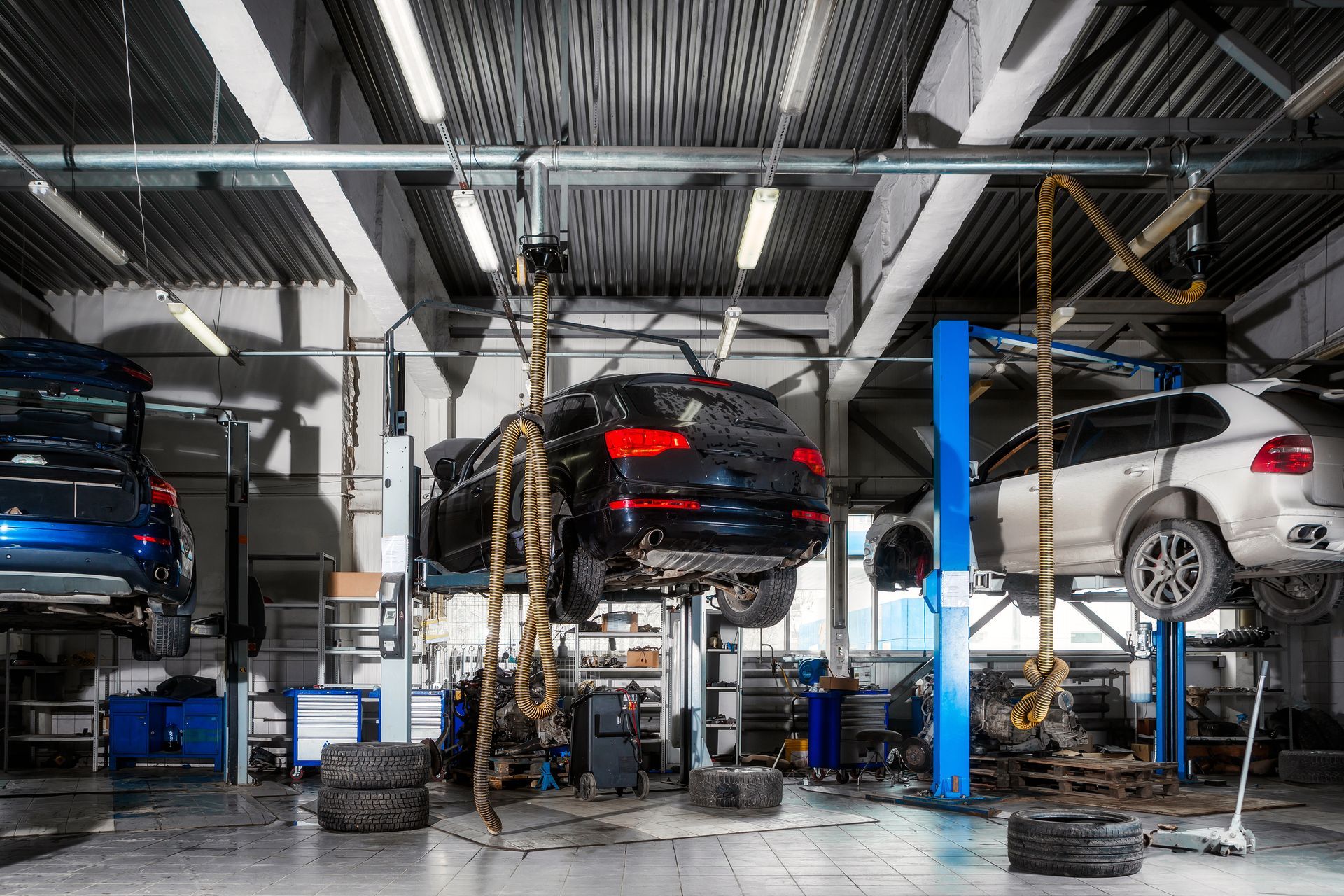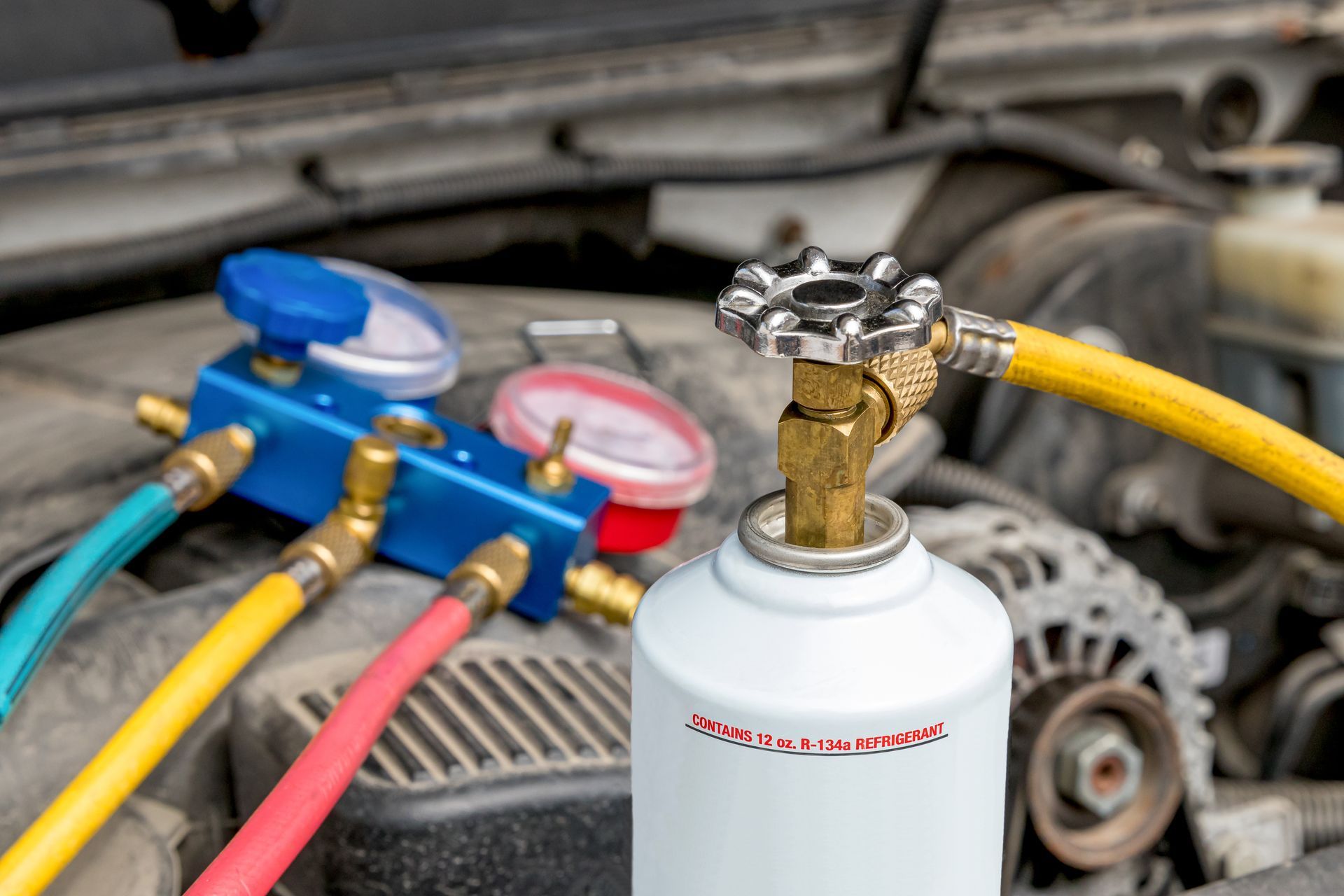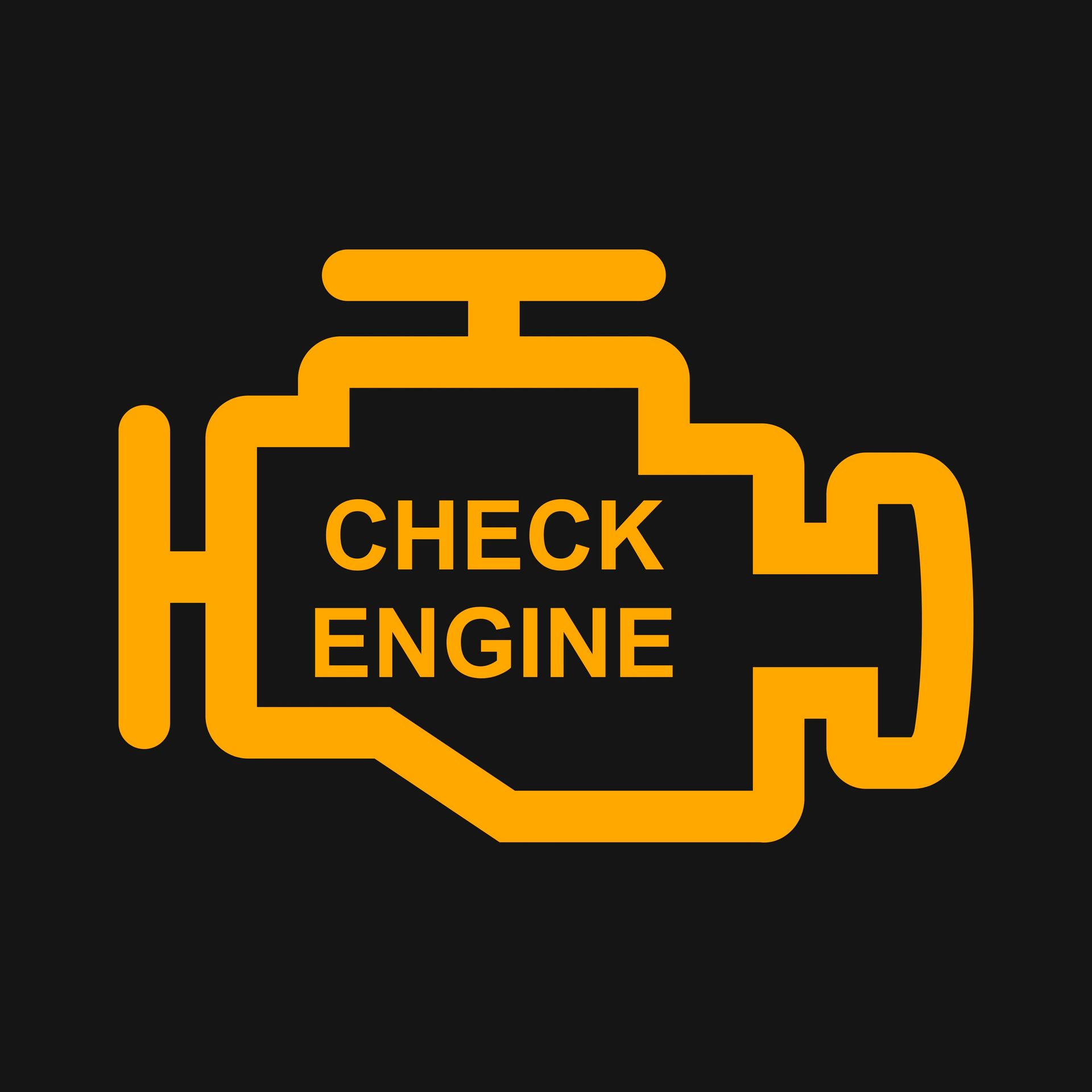Volvo vehicles are known for their safety, comfort, and long-lasting performance. But even the most reliable cars require regular maintenance to stay in top condition. If you own a Volvo, following the right service schedule helps ensure your vehicle runs smoothly for years to come, keeps repair costs lower, and preserves its resale value.
Many Volvo owners wonder how often they should service their car. The answer depends on mileage, driving habits, and the specific model year, but some general guidelines can help you keep your Volvo performing at its best.
Following Volvo’s Recommended Service Schedule
Every Volvo comes with a recommended maintenance schedule from the manufacturer. For most modern models, Volvo advises service every 10,000 miles or once a year, whichever comes first. This schedule is designed to address the most important maintenance items before they become issues.
If you drive in harsher conditions—such as extreme heat or cold, stop-and-go traffic, dusty environments, or frequent short trips—you may need to service your vehicle more often. These conditions put additional strain on components, fluids, and filters, making more frequent attention beneficial.
Routine Oil and Filter Changes
Oil is the lifeblood of your engine. Volvo recommends changing the oil and filter approximately every 10,000 miles for most newer models, but many technicians suggest doing it sooner (around every 7,500 miles) for extra protection, especially if you drive in challenging conditions.
Fresh oil keeps your engine lubricated, reduces wear, and helps maintain fuel efficiency. Neglecting oil changes can lead to sludge buildup, overheating, and costly repairs.
Brake System Checks
Brakes are critical for your safety and should be inspected at least once a year. During a brake inspection, technicians check pad thickness, rotor condition, and brake fluid levels. Volvo brake pads typically last between 30,000 and 60,000 miles, depending on driving habits; however, urban driving with frequent stops can cause them to wear out more quickly.
Brake fluid should also be replaced periodically, typically every two years, to maintain proper braking performance and prevent corrosion in the hydraulic system.
Tire Maintenance and Rotation
Tire care is a crucial aspect of maintaining your Volvo's safety and efficiency. Rotate your tires every 5,000 to 7,500 miles to promote even wear. This extends tire life and ensures better traction in all conditions.
Check tire pressure monthly and before long trips. Proper inflation helps with fuel economy, tire longevity, and stability on the road. Uneven wear may indicate alignment issues, which should be addressed promptly.
Cabin and Engine Air Filters
Both the cabin air filter and engine air filter play important roles in performance and comfort. The engine air filter keeps dirt and debris from entering the engine, while the cabin filter cleans the air inside the vehicle.
Most filters should be replaced every 15,000 to 30,000 miles, but they may need to be changed sooner in dusty or polluted environments. A clogged engine air filter can reduce performance and fuel efficiency, while a dirty cabin filter can impact air quality inside the car.
Fluid Inspections and Replacements
In addition to engine oil, your Volvo has several other fluids that require periodic attention:
Coolant
Keeps your engine from overheating and prevents corrosion in the cooling system. Typically replaced every 5 years or 60,000 miles.
Transmission Fluid
Lubricates and cools internal transmission components. Many modern Volvos have long-life fluid, but checking levels and condition regularly is still important.
Power Steering and Differential Fluids
Should be checked during scheduled maintenance to ensure proper operation of steering and drivetrain systems.
Keeping these fluids fresh and at the proper level is critical for long-term reliability.
Addressing Warning Lights Promptly
If a warning light appears on your dashboard, do not ignore it. Many Volvo systems are designed to alert you early, giving you the chance to address a problem before it becomes serious. Whether it’s the check engine light, tire pressure monitor, or brake warning, have it checked as soon as possible to avoid further damage.
Seasonal Maintenance
Seasonal changes can affect your Volvo’s performance. In winter, ensure your battery is in good condition, your tires have enough tread for slippery conditions, and your heating system works properly. In summer, check your air conditioning system and cooling system to prevent overheating.
Even if you are following the mileage-based schedule, seasonal inspections can catch small problems before they grow into expensive repairs.
Professional Volvo Service in Nashville, TN
Your Volvo is a sophisticated, well-engineered vehicle, and keeping it at peak performance requires knowledgeable care. At
Snider Automotive in Nashville, TN, our technicians are experienced with all Volvo models and understand their specific maintenance needs. Whether it’s routine service, diagnostics, or repairs, we provide the attention to detail your car deserves. Schedule your Volvo service today to keep your vehicle running at its best for every mile ahead.










